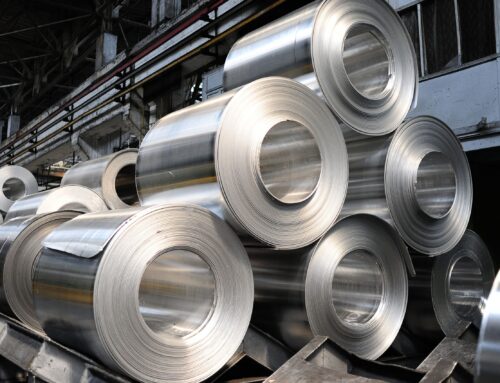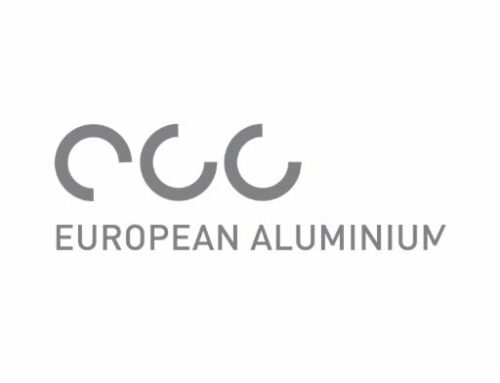After alerting the public authorities and underlining the inconsistencies relating to the introduction into the Environmental Regulations for Buildings (RE2020) of a new method of calculating the carbon weight, called “Simplified dynamic Life Cycle Analysis (LCA)”, the manufacturers are questioning the government’s stubbornness in pushing through this contested carbon accounting.
While on January 26, the various players in the construction industry gathered within the Superior Council for Construction and Energy Efficiency (CSCEE) all spoke out in favor of a return to a standardized LCA methodology, the Minister has chosen to maintain its project and made a decision which constitutes a real deviation from the Law.
With the shift from a standardized approach to a simplified dynamic approach, the advantage artificially given to favor bio-based products is such that the only valid lever for reducing the carbon footprint of tomorrow’s buildings will therefore be massive use of these products, with a logic of overconsumption of wood, to the detriment of a fundamental reflection on the design of buildings, construction methods or the material mix. The results will make any effort to decarbonise other sectors useless since wood, with its carbon footprint suddenly become negative, alone allows the thresholds set by the regulations to be reached.
This decision, which therefore constitutes a real brake on the commitments made and the many investment projects already underway to decarbonize industrial sectors, also represents a risk of relocation, weakens many companies and in particular SMEs, and is totally in line with contradiction with the government’s stimulus plan.
The incomprehension is all the greater since this political decision contradicts the rules forming a consensus in Europe, creating distortions of competition between products, by breaking free from commonly established methods of accounting for emissions …
Favoring “low carbon” constructions does not mean relying heavily on wood and biobased materials! Decarbonization is the business of all the sectors that have embarked on this path, it is the diversity of solutions, it is relying on collective intelligence to promote sustainable, local solutions, based on the skills of the hundreds of thousands of journeymen who work in the territories.





